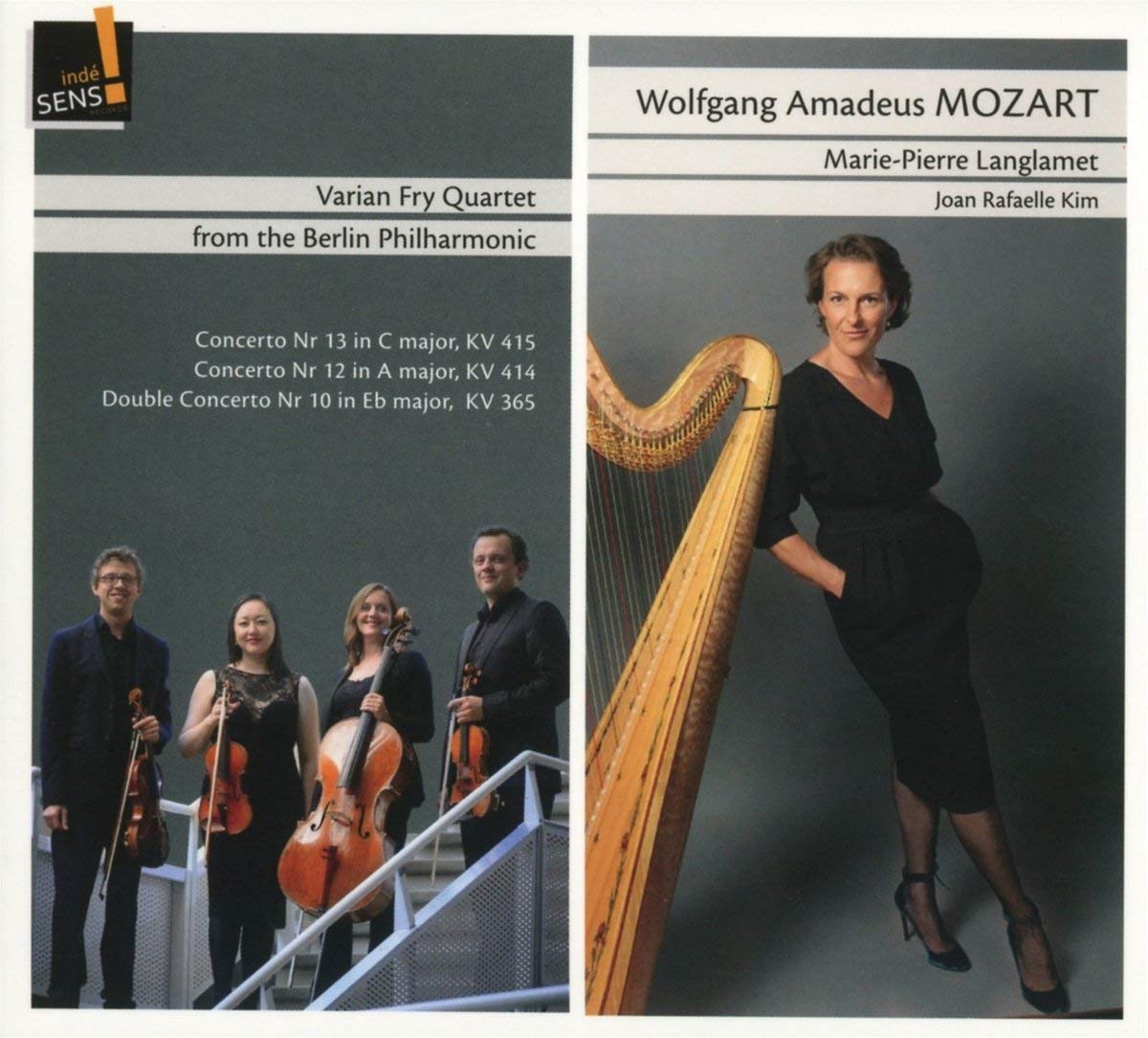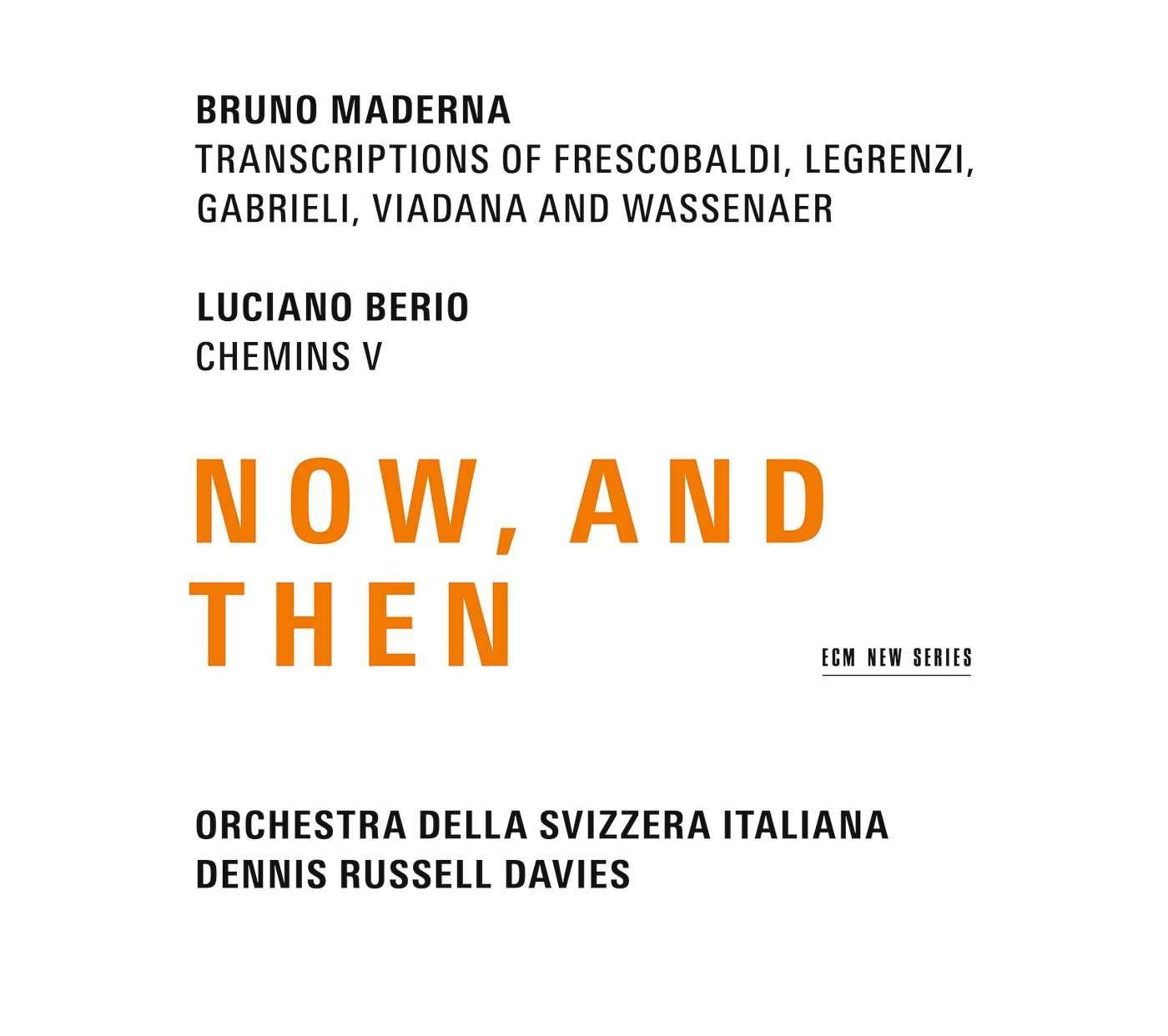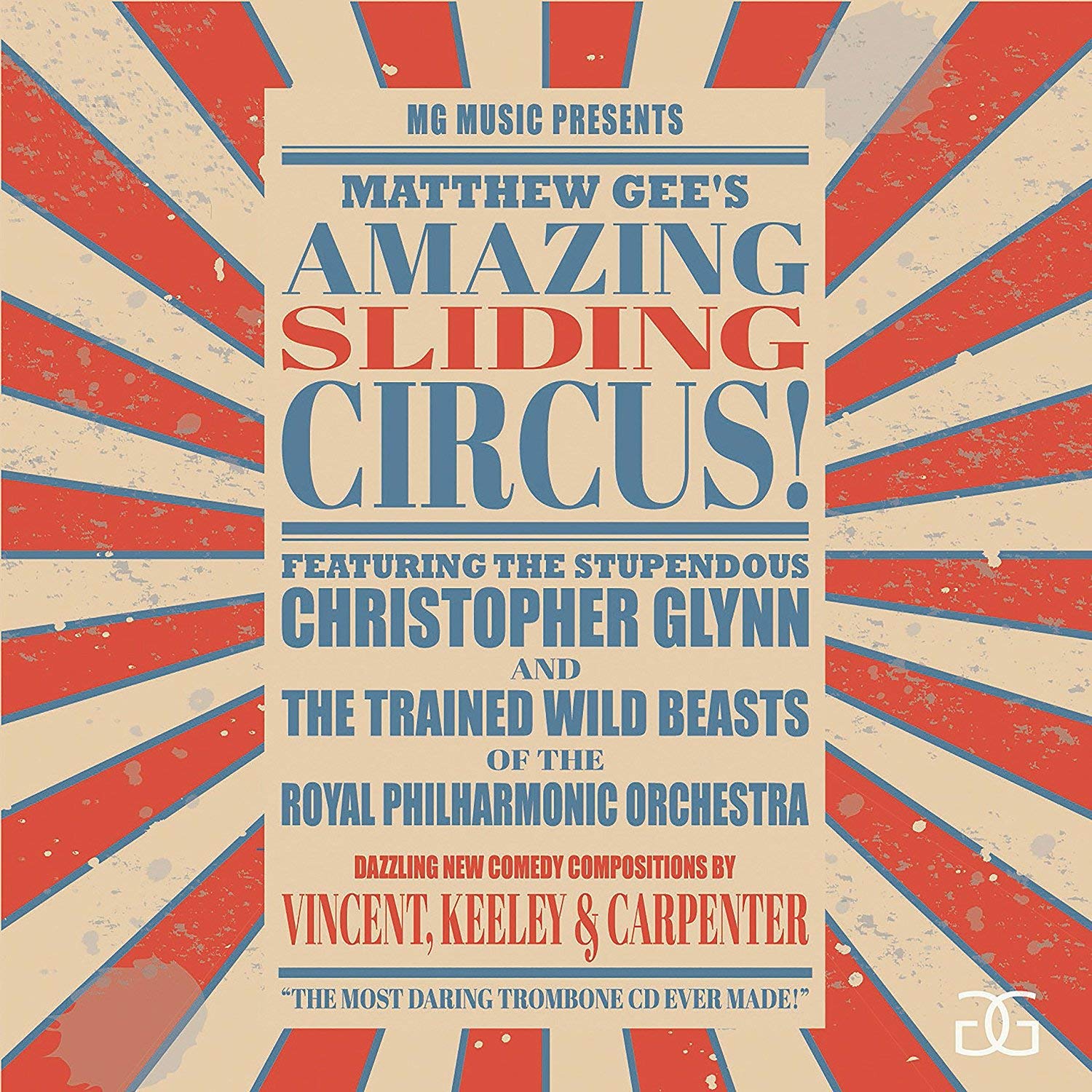 Mozart: Piano Concertos nos 12 and 13, Double Concerto in Eb Marie-Pierre Langlamet and Joan Rafaelle Kim (harps), Varian Fry Quartet (Indésens)
Mozart: Piano Concertos nos 12 and 13, Double Concerto in Eb Marie-Pierre Langlamet and Joan Rafaelle Kim (harps), Varian Fry Quartet (Indésens)
Mozart himself adapted three of his piano concertos for soloist and string quartet. Here, two of them are played by French harpist (and Berlin Philharmonic principal) Marie-Pierre Langlamet. The harp's lighter, cleaner sound means there’s no danger of it overwhelming the strings, and the results are delicious. Langlamet is exceptionally good, and she's smartly accompanied by the Varian Fry Quartet, its players also drawn from the BPO. Mozart doesn’t come much more idiomatic than this, despite the unconventional approach. You forget that you're listening to arrangements. Listen to the hushed opening of K414’s slow movement, Langlamet’s solo playing a model of elegance and warmth. The same concerto’s closing “Allegretto” has bounce in spades, and there's plenty of joy in K415’s finale.
Langlamet is joined by her young pupil Joan Rafaelle Kim in Mozart’s K365 Concerto for Two Pianos, the quartet arrangement a modern one by Sylvain Blassel. It's as enjoyable as you'd expect, the sparring between the two soloists delightfully realised. The last movement cadenza is a miracle of coordination. Marvellous, then, and Langlamet's sleeve note persuasively puts the case for the harp more closely resembling the sound of the pianoforte than a modern Steinway. She also explains how a harp actually works, and why its default tuning is C flat major. Recommended – one of several interesting releases on the French Indésens label, now readily available in the UK.
 Now, And Then: Orchestral transcriptions by Bruno Maderna, plus Berio: Chemins V Orchestra della Svizzera Italiana/Dennis Russell Davies (ECM)
Now, And Then: Orchestral transcriptions by Bruno Maderna, plus Berio: Chemins V Orchestra della Svizzera Italiana/Dennis Russell Davies (ECM)
The typically spare ECM sleeve design might scare off some potential listeners, especially when combined with the names of two intimidating Italian modernists. Actually, this is a beguiling disc, mostly comprised of Bruno Maderna’s transcriptions of Renaissance music. Maderna edited Vivaldi scores whilst a student and continued to engage with the past throughout his career. He arranged works by composers as diverse as Monteverdi and Weill, the act of transcription for him an expression of love. What we hear is totally inauthentic, but Maderna felt that the colours of a modern orchestra were ideal for clarifying contrapuntal textures. Paul Griffiths’ excellent sleeve note examines the issues raised by these transcriptions, namely how they should be played in an age when historically informed performances of early music are the norm. Dennis Russell Davies's light footed Orchestra della Svizzera Italiana gets things right – these readings are poised, rhythmically alert and full of ravishing colours. Tre Pezzi taken from Frescobald are delightful, and an arrangement of one Giovanni Legrenzi’s La Basadonna has a delightfully Stravinskian opening, the whole orchestra only heard in the radiant final cadence.
It's good to hear Gabrielli on soft winds instead of heavy brass, and there's a gorgeous suite of dances originally by Viadana. The sheer loveliness of this stuff is hard to express in mere words. Much of this disc could be broadcast on Classic FM without ruffling feathers. Though maybe not Luciano Berio’s Chemins V, a 1992 reworking of a solo guitar work. The guitar line (played, beautifully, by Páblo Marquez) is essentially unchanged, though now heard against an exquisitely shaded orchestral backdrop. ECM’s production values are typically handsome - an enthralling collection.
 Matthew Gee’s Amazing Sliding Circus! Matthew Gee (trombone) (MG Music)
Matthew Gee’s Amazing Sliding Circus! Matthew Gee (trombone) (MG Music)
The trombone. Noble orchestral poet, or flatulent jokester? Discuss. Few instruments are so conflicted, and what Royal Philharmonic principal Matthew Gee describes as “the tension between beauty and profundity and comedy and clownishness” is smartly explored on this disc. The laugh out loud moments come thick and fast, one highlight being a multi-tracked Gee’s acrobatics in a trombone quartet arrangement of Karl King’s The Melody Shop. Daniel-Benn Pienaar’s transcription of Stravinsky’s Pulcinella Suite features one iconic trombone moment in the “Vivo”, but the “Toccata” is superb, Gee’s muted parpings immaculately articulated. The suite’s exhilarating finale is another high spot. Berio’s Sequenza V is a solo trombone classic, dedicated to the memory of Berio's neighbour Karl Adrien Wettach (better known as Grock the Clown). Berio was responding to Wettach’s “blend of humour and profundity”, and this startling piece makes extraordinary demands on the soloist: Gee humming and singing whilst playing.
Gary Carpenter’s Fellini-inspired Fischietto è morto is solemn and sardonic by turns, and there's more overt comedy in Circus Games by Rob Keeley. We get two excerpts from, naturally, Leoncavallo’s Pagliacci, the disc closing with a nod to a famous trombone theme. And, like a surprise after an end credits sequence, Gee throws in a cheeky pedal note to bid us farewell. Discs like this redefine what we think brass instruments are capable of, and Gee deserves huge credit for not just giving us a selection of crowd-pleasers. He's nimbly accompanied by a chamber group drawn from the RPO and pianist Christopher Glynn. Nifty graphic design and erudite notes seal this disc’s appeal.














Add comment